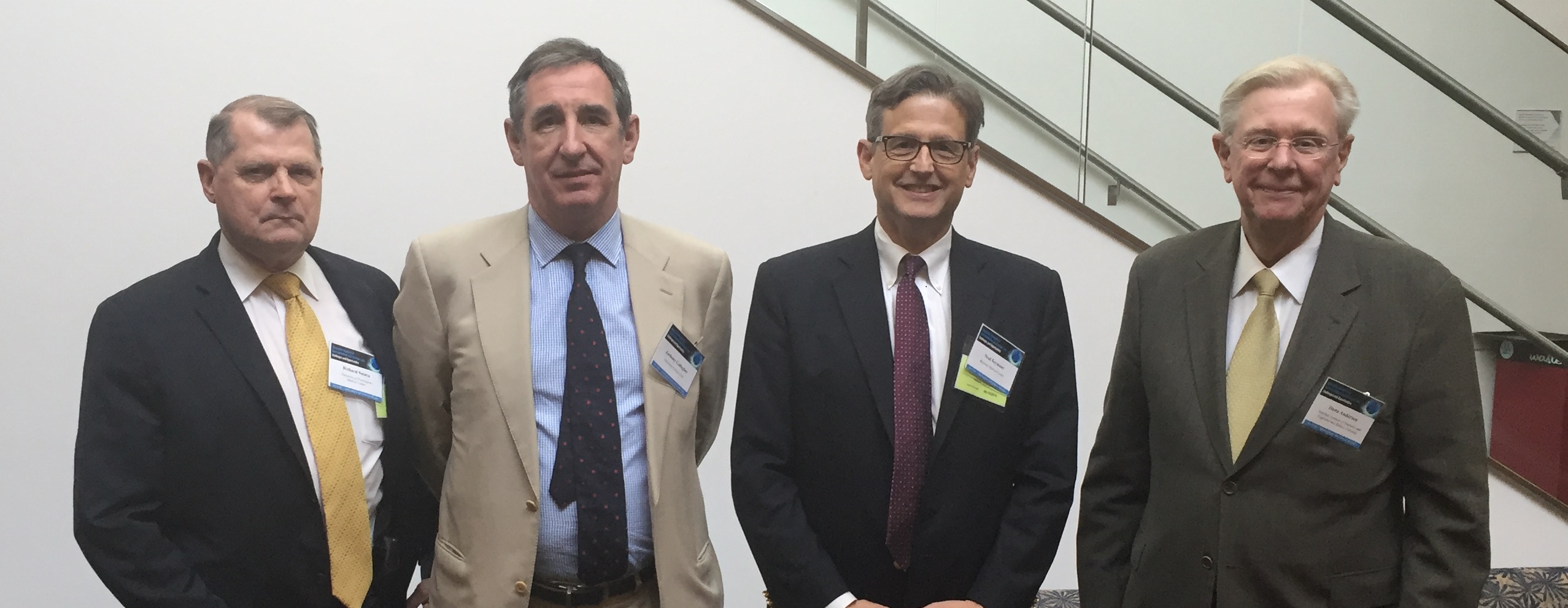- Home
- Research
- CoMH Research & Innovation eBulletin
- Research Workshops
- CoMH Research and Innovation Committee
- Inclusion Health Research Group (IHRG)
- Researcher Spotlight Series
- APC Microbiome Institute
- INFANT
- ASSERT
- Biosciences Imaging Centre
- Centre for Gerontology & Rehabilitation
- Centre for Research in Vascular Biology
- Cork NeuroScience Centre
- Cancer Research @UCC
- HRB Clinical Research Facility Cork
- National Perinatal Epidemiology Centre
- Oral Health Services Research Centre
- ENTO (Ear, Nose, Throat and Oral Research Unit)
- News
- People
- Programmes
- Hospital Partners
- Community Partners
- Jennings Gallery
- Graduate Studies
- Programmes for International (Non-EU) Students
- Interprofessional Learning (IPL)
- ASSERT
- iEd Hub
- Inaugural Professorial Lecture Series
- Philanthropic Lectures
- UCC Academic Health Sciences
- Continuing Professional Development
News
The science underpinning the training of surgeons for 21st century medicine

In a study published by the Journal of Surgical Education, on the 100 most cited articles in the area of surgical education Dr Anthony Gallagher, Director of Research at the ASSERT Centre, UCC achieved the greatest number of first author publications in the top 100, authored two of the top ten ranked articles including the number one cited paper “Virtual Reality Training improves Operating Room Performance”.
In total he co-authored eight of the top 100 articles and his publications underpinned three of the institutions he worked at (i.e., Queens University Belfast (UK), Yale University (USA) and Emory University (USA) being ranked in the the top 20 Institutions with the highest number of articles in the top 100.
The publication of this study coincides with the launch of a new M.Sc. programme in Technology Enhanced Learning for Health (TELH) at UCC. Professor Gallagher who is Program Director states “The MSc in TELH enables graduates to successfully design, develop, implement and evaluate effective healthcare education and training”. Trainees (no matter how senior) are required to train until they demonstrate a quantitatively defined proficiency benchmark which is based on the objectively assessed performance levels of experienced and proficient practitioners. Prospective, randomized and blinded clinical trials have demonstrated that this approach to training produces trainees with skill-sets that are significantly better (i.e., 40 to 69%) than conventional approaches to training. The science underpinning 21st century surgical simulation training ensures that training is more than an interesting educational experience.
For further details of the study please click the link below:
Surgical Education’s 100 Most Cited Articles: A Bibliometric Analysis
